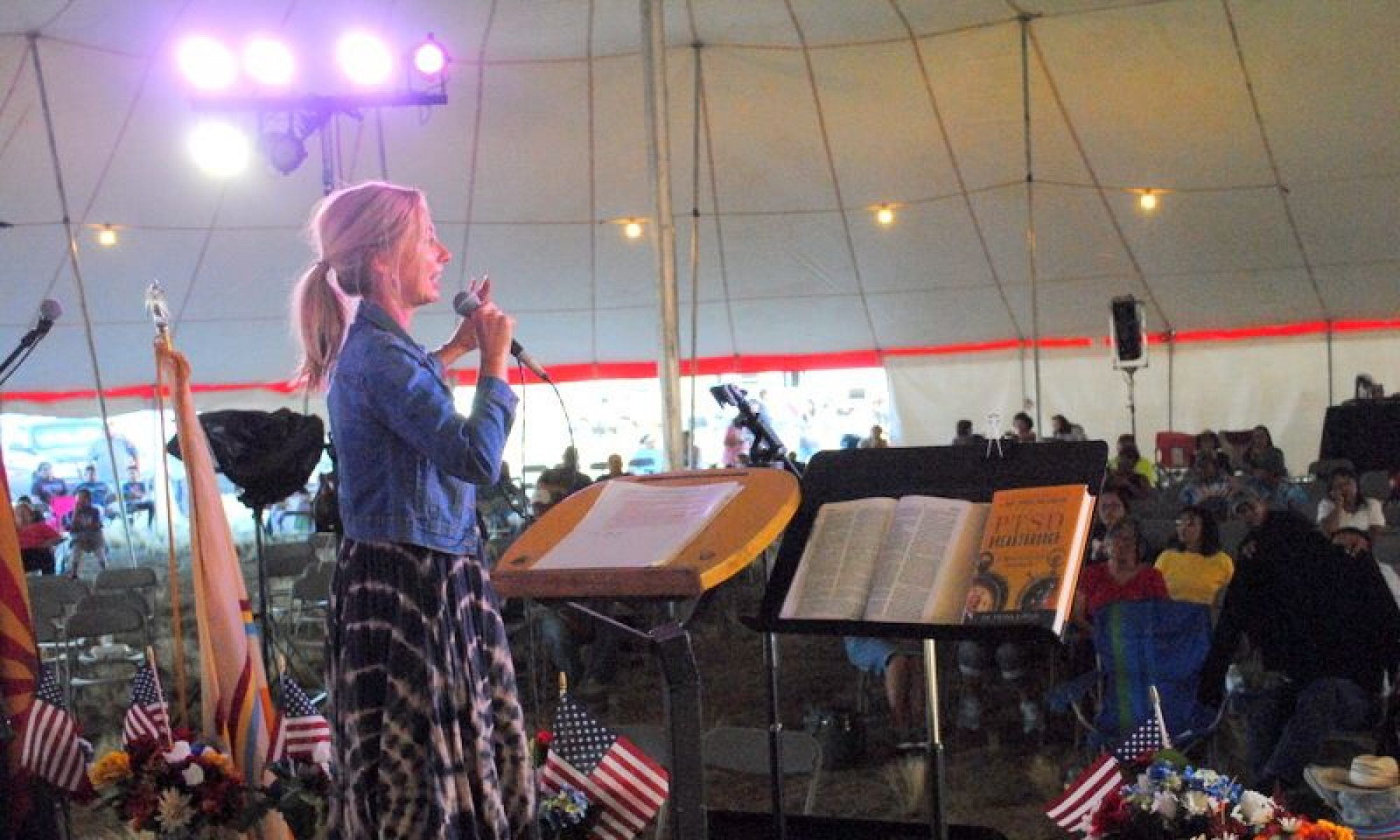Jesus commands us to go,
But we go the other way.
So he carries the burden alone,
While his children are busy at play,
Feeling so called to stay.
Jesus commands us to go,
It should be the exception if we stay.
It’s no wonder we’re moving so slow,
When his church refuses to obey,
Feeling so called to stay.
Growing up I loved Keith Green’s music. As Michelle and I sensed God’s call to world mission in the early 90’s, Keith Green’s last message – Why YOU Should Go to the Mission Field! – was particularly poignant. After being clueless about the great need for more missionaries, his growing passion and zeal for the gospel was reflected in his writings, including his songs, such as the one above called, Jesus Commands Us to Go! (incomplete lyrics).
Digging into the Grammar!
However, was that the main thrust of what Jesus was commissioning His own disciples to do? When we delve deeper into the original text of the famous words recorded in Matthew 28:19-20, we discover that there are three participles and one imperative verb (I’m not a Greek scholar but I can study those who are). An imperative verb in English is typically a single action-word, followed by an exclamation mark, such as…RUN! STOP! LISTEN! SIT! SHOUT! PLAY! Participles are ‘-ing’ ending words like ‘giving’, ‘dreaming’, and ‘eating’.
So, as an example, if I said, ‘Clean your room; vacuuming the floor, dusting the furniture, and taking out the rubbish (trash),’ the imperative verb is ‘CLEAN!’ In order to clean the room, one needs to vacuum, dust, and remove the rubbish.
What Does Jesus Want Us To Do?
When we look at ‘the Great Commission’, which word is the imperative verb which tells us what to do? And what words are the participles that tell us how to do it? Like Keith Green’s song, the emphasis is often placed on getting people to ‘Go!’ However, in truth Jesus’ command is to ‘DISCIPLE!’ There should be no noun attached to this verb – the original text does not say, ‘make disciples’. It is about a process you engage in, not an end product. It is a simple action word that followers of Jesus should carry out:, ‘disciple’.
How Do We Disciple?
How we disciple is explained by the three participles. 1. Go. When Jesus spoke to His first disciples, they needed to go to places near and far. The nation of Israel had an ethnocentric mindset of keeping God’s covenant to themselves and not passing it on to other nations. God’s new covenant people therefore had to break out of that old narrow mindset and go to people and cultures different to their own, even to the ends of the earth to let everyone know the arrival of the Kingdom of God.
However, the main idea is that every follower of Jesus is to disciple as they go about their daily lives, wherever that may be. It therefore does not necessitate going on a mission trip, although it can include such. Certainly, the gospel would never have spread in the way it has over the past two thousand years if missionaries had not paid the price to go to far away places and proclaim the good news. Going therefore includes missionary work, but not exclusively. Every believer should therefore disciple as they go and engage in all areas of life and society! We go because we are all God’s sent people. Jesus said, ‘As the Father sent me, so I send you.’
2. Baptise. The obvious concept here is that a new disciple affirms their new allegiance to Christ through repentance and faith by being baptised in water. This is the initial step of obedience for every new disciple who has acknowledged Jesus as Lord. But I believe there is another application here, specifically in relation to the context of discipling nations. Noting that the root meaning of ‘baptise’ is to immerse, Jesus could also be telling us to immerse and saturate the nations in the name of God – in an understanding of His character and ways (i.e. the Kingdom Constitution).
Immersing Cultures With Kingdom Seed
Changes in society occur through the spread of ideas through culture. Jesus knew this when He referred to His Kingdom spreading throughout society like yeast leavens a whole loaf of bread. Yeast is a substance that transforms from the inside out. It starts small but grows to permeate the whole fabric of society. To use another one of Jesus’ analogies, although as small as a mustard seed, in time it grows to become a large tree where even the ‘birds of the air’ (i.e. unbelievers) benefit as a result. Such changes do not take place overnight but grow over time. We are told to permeate cultures with the teachings of the Kingdom of God until a society’s worldview is transformed through renewed thinking and behaviour. This is not something that can be achieved and then marked on a checklist. As we are witnessing in the West, nations like individuals once discipled can relapse and turn away from God’s ways, and suffer the consequences. It is an ongoing process. Nations are therefore discipled from generation to generation (for more on this check out the book, Kingdom Mission: A Call to Disciple Nations by Peter J. Farmer and myself).
3. Teach to obey. The third disciple ‘how to’ is teaching them (nations and individuals within nations) to obey everything that Jesus commanded. Notice it is teaching to obey. This goes beyond mere head knowledge. Christians have often emphasized the ‘teaching’ part which has given the impression that discipleship is all about being taught and attending ‘discipleship classes’. In doing so, we have neglected to highlight what we are teaching. Jesus’ command was to teach and train others to obey all His commands (the King’s Constitution). The results of our teaching should be the fruit of obedience. As we teach to obey, those we disciple will in turn disciple others, putting into motion a multiplying movement, seeds reproducing after their kind, with the Kingdom of God expanding as Jesus taught.
So, going is a very important part of joining God in His mission enterprise. But, it is not the primary emphasis or command (imperative verb). When we make going the essence of the Great Commission we neglect what Jesus had in mind…to disciple. Not just individuals within nations but to teach and disciple nations and everything in-between (villages, towns, cities, tribes). What God had sought to achieve with the nation of Israel – discipling them through Moses in all key areas of society – He now wanted carried out in all nations, so that His Kingdom would come on Earth as it was in Heaven. The Great Commission was the Church (ekklesia)’s marching orders to be that Kingdom light to the nations. When we understand that Jesus therefore commands us to disciple, how will this impact our effectiveness in extending the Kingdom of God?


